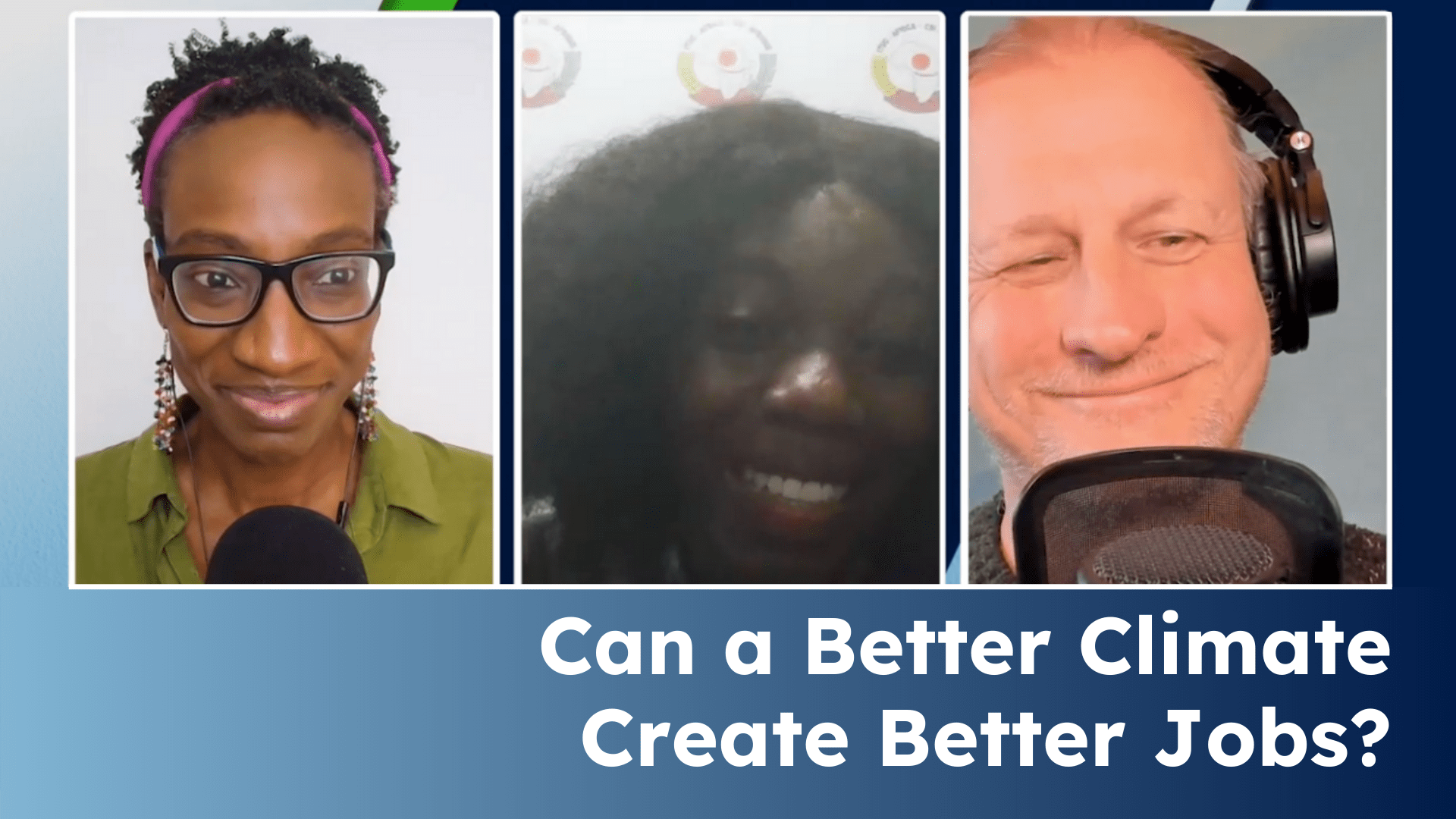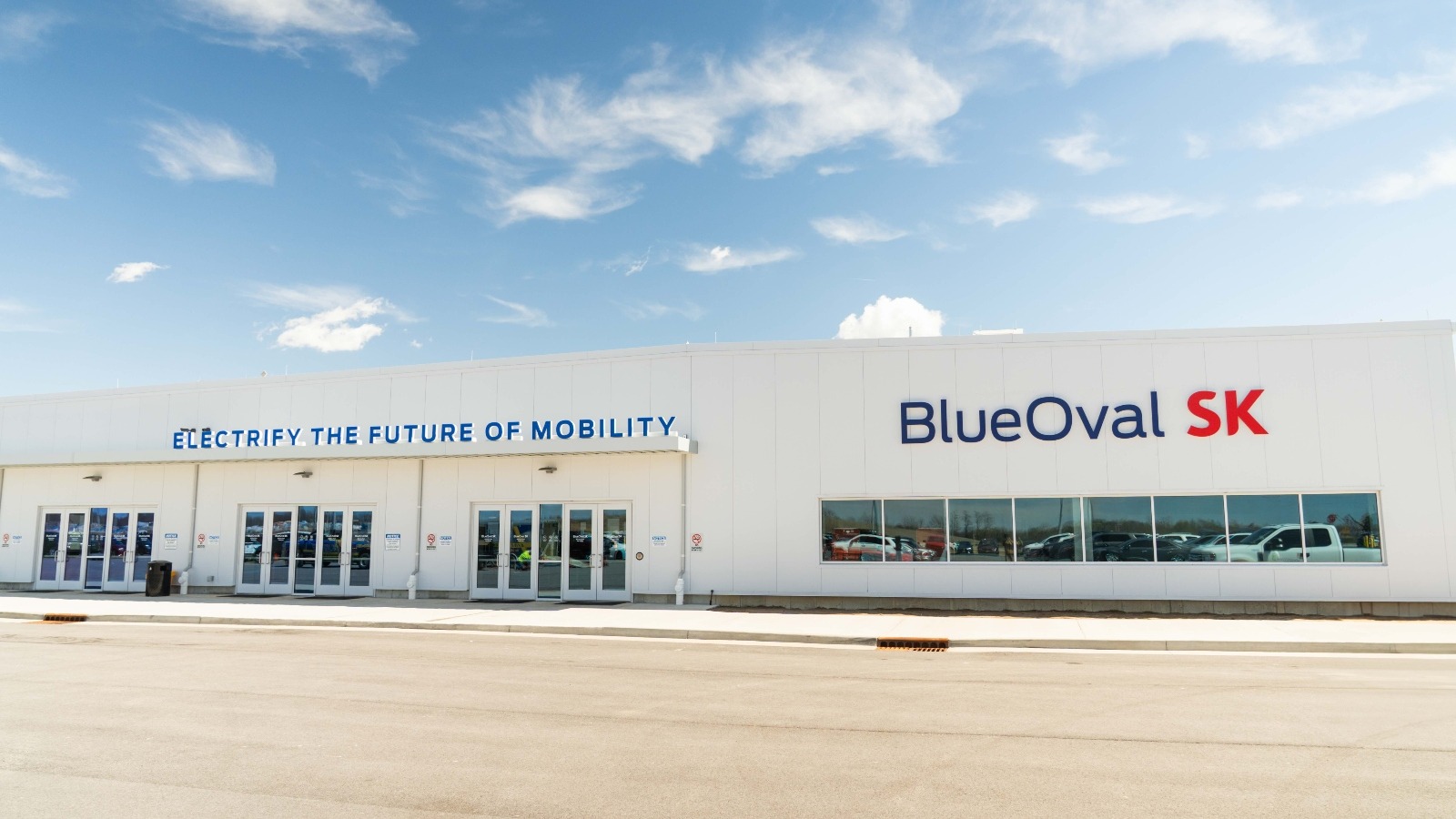For almost a quarter of people globally, unemployment is still a top concern. In countries like South Africa, Argentina, South Korea, Colombia, and Spain, it has even ranked as the biggest issue in recent months.
The solution? Certainly not the oil and mining industries, which have been sold for decades as generous providers of jobs, progress and prosperity. This model continues to fail dramatically. Instead of delivering decent and safe jobs, it has produced serious environmental and health problems.
What about green jobs? Can renewable energy save the day? Is the energy transition the answer to unemployment and the climate crisis?
This is what the new episode of SystemShift podcast is about, now with Rhoda Boateng, Program Coordinator of Climate Change, Just Transition & Occupational Health and Safety of the International Trade Union Confederation.
A shift to a decarbonised economy isn’t just about swapping out coal for solar panels. It has to fix the bigger picture, empowering the weak and weakening the powerful. “(We need) jobs that are decent, that pay well, that are fair, green, in sectors that are not heavily polluting,” said Rhoda.
Just, at the systemic level
A just transition requires putting an end to the systemic extraction of wealth from the Global South, so that these countries are not locked at the bottom of the value chain but can build up, for instance, renewable manufacturing that creates fair jobs.
The solution for this ranges from small-scale, community-owned renewable energy production and sustainable agriculture, under the principles of a wellbeing economy, to multi-sectoral policies and long-term commitments, such as reforming the global financial architecture and cancelling debts.
Just, at the workers’ level
A just transition must be guided by certain principles, including delivering decent, fair and green jobs, putting people at the core of defining policies and ensuring social protection.
Solutions must address equity and inclusion of workers whose jobs and livelihoods are at direct risk from the transition, from manufacturing and production to other fields that the climate crisis is creating and the biodiversity restoration will need, such as care, recovery, disaster rebuilding, resilience, relocating, etc.
“We need to begin to train people for the jobs that are going to come up in this new economy. This is where the jobs are going to be,” Rhoda said. This includes unions, educational institutions, businesses and local communities taking ownership of the process. The voices and needs of workers and communities, especially those directly impacted, must be put at the centre. “To ensure that the populations who are already marginalised in our current system, are not disproportionately marginalised in this new system that we are creating,” she concluded.
Retraining workers from fossil fuel industries could accelerate the transition while improving safety and quality of life for millions.
What does a just transition look like?
The decarbonisation of the economy is already making a significant impact, with global jobs in the sector increasing from 13.7 million in 2022 to 16.2 million in 2023.
Green energy also offers economic benefits such as cost savings, sustainable incomes, and energy independence, as well as enabling development and infrastructure.
Despite the urgency and clear benefits, powerful stakeholders continue to push for fossil fuel subsidies and false solutions such as carbon credits.
There’s money for a just transition, but it’s just in the wrong place. Redistributing wealth through fair taxation, sustainable public investments, and redistributive policies could boost a just and green future for all.
More in the podcast, Rhoda also explained about the principles of a just transition and what needs to change in the labour market.
What’s our role as individuals? What can we do?
These are some of the things we can do to influence a just transition:
- Listen or watch the SystemShift podcast that inspired this blog post: Apple Podcasts, Spotify, or Youtube
- Join a union
- Participate in public consultations when available
- Advocate for renewable and nature-based solutions
- Speak up for transparent and inclusive processes
Source link
Camilo Sanchez www.greenpeace.org


